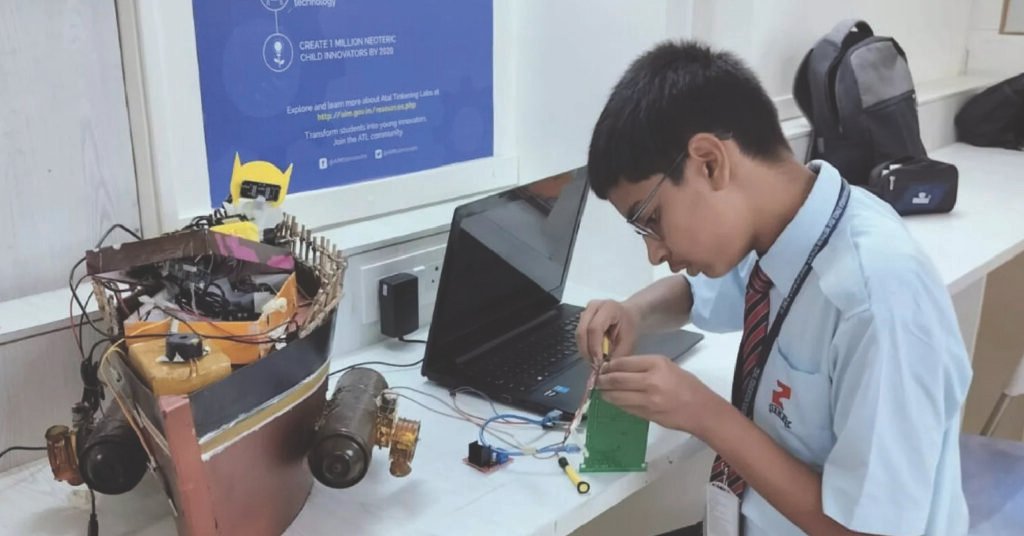In STEM education, practical learning—which is defined by hands-on activities and real-world problem-solving—is becoming more and more important. In contrast to conventional theoretical methods, hands-on learning involves students actively investigating, testing, and utilizing STEM topics. By bridging the gap between theory and practice, this experiential approach enables students to interact directly with the subject matter[…]
Engaging students in tasks that require them to handle objects, conduct experiments, or solve problems from the real world is known as a hands-on approach to learning. It is crucial because it allows students to gain practical experience that enhances their understanding of subjects and helps them meet their learning objectives. When students participate in[…]




